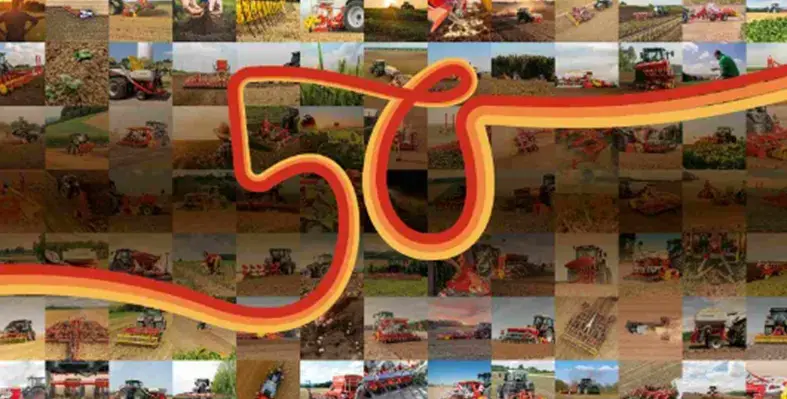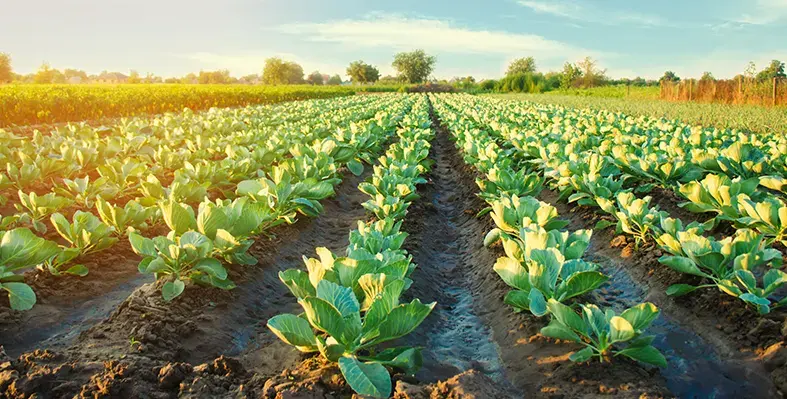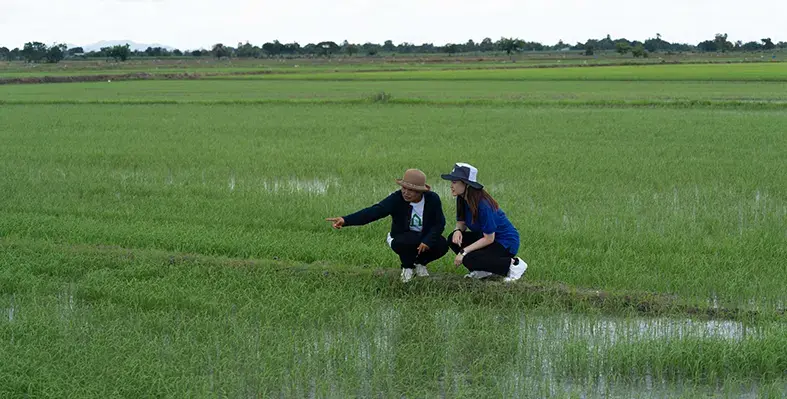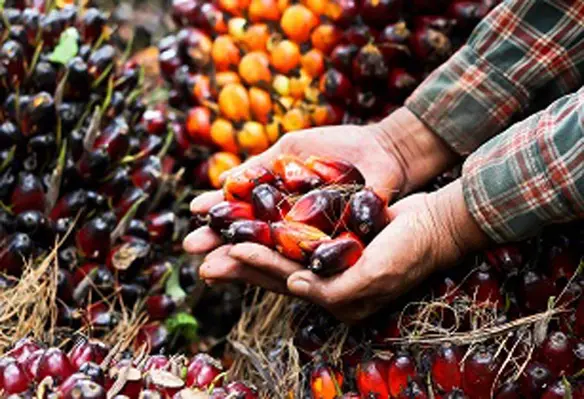To advance inclusive and sustainable palm oil production in Indonesia, the Rokan Hulu Landscape and Livelihoods Initiative have brought together global integrated palm oil group Musim Mas, sweet-packaged food company Ferrero, non-governmental organisation Preferred by Nature, Stichting Agriterra, and the Sustainable Agriculture Network
Funded by the Danish government’s Danida Green Business Partnerships programme, this five-year project aims to support 5,400 independent smallholders in adopting regenerative agricultural practices that improve farming conditions, reduce synthetic inputs, and strengthen climate resilience.
The collaboration will also work to strengthen two farmer organisations and help 2,500 farmers achieve certification under the Roundtable on Sustainable Palm Oil (RSPO) and Indonesia Sustainable Palm Oil (ISPO) standards.
Olivier Tichit, director of communications and sustainability at Musim Mas, said, “Empowering smallholders through training and support is key to building a resilient and sustainable palm oil supply chain. Musim Mas takes a landscape-based approach to sustainability. Across the Smallholder Hubs we operate, we work with governments, suppliers, smallholders, NGOs, and other players in the landscape to achieve sustainability transformation. This project will enable us to contribute in a new dimension with our new partners.”
Nicola Somenzi, head of responsible sourcing at Ferrero, said, “We aim to create a thriving supply chain which benefits farmers’ livelihoods and communities, protecting people and nature. Beyond sourcing RSPO segregated palm oil for our products, our active participation in initiatives like this strengthens the foundation for a resilient and environmentally responsible supply chain that creates long-term value for all.”








